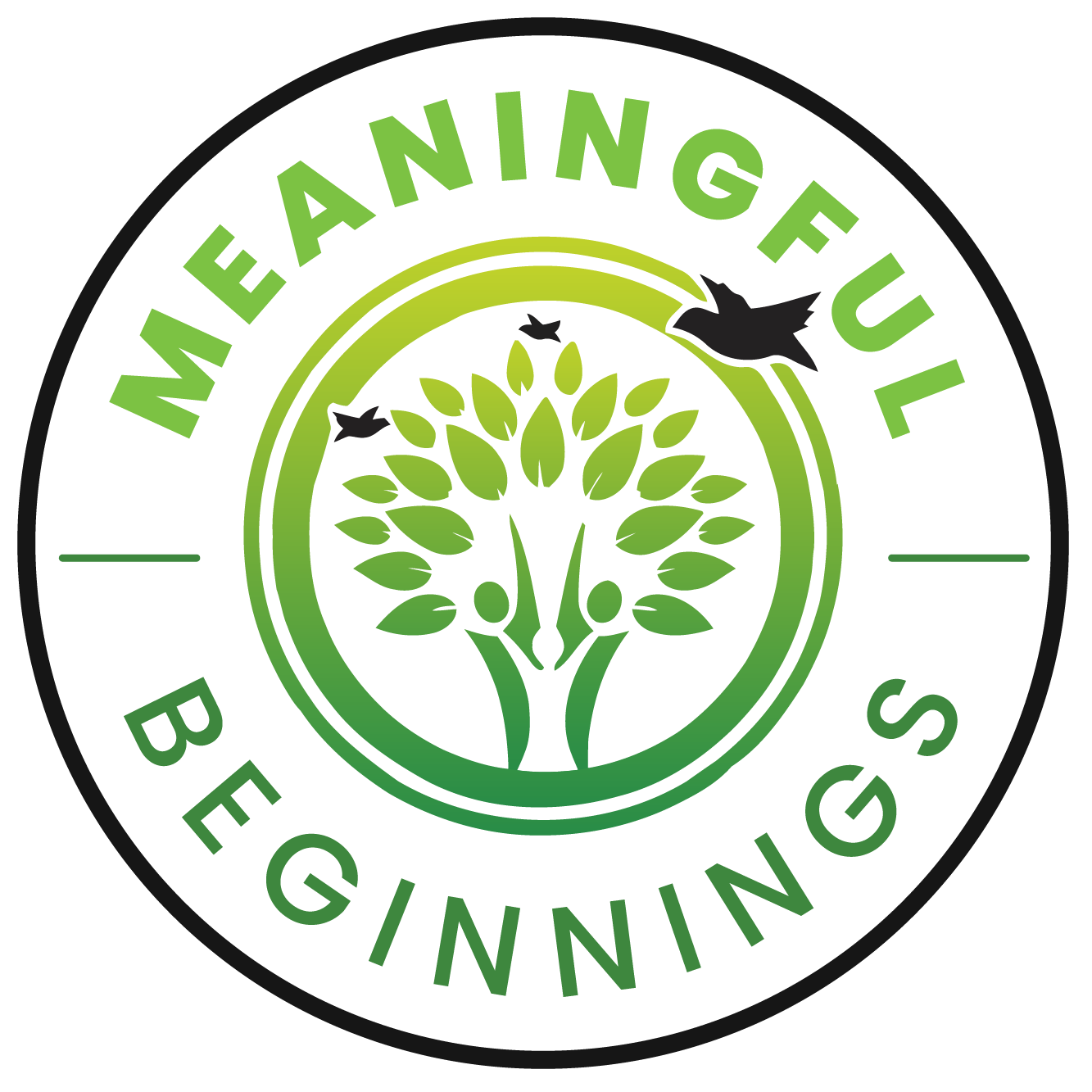Imagine a world where parents and educators work together to enhance child development. This is the essence of family partnerships in early childhood education.
As Mother Taressa said, ‘’I can do things you cannot, you can do things I cannot; together we can do great things.’’ This quote encapsulates the potential for significant achievements when early childhood educators and the family join forces to do great work together.
In this article, we will take a deep dive into the importance of family partnerships in early childhood education.
The Crucial Role of Family Partnerships
A family partnership is not just a collaboration but a shared responsibility. It is a mutual understanding between the family and teachers. This shared effort enhances child development and well-being in early childhood education, where each party’s contribution is equally important.
Your child’s early development depends on positive interaction, mutual respect & understanding, and shared responsibility between you and your child’s early development teacher. The critical components of an influential family partnership to create a community of conscience in early childhood education include:
Communication is the key
Communication is the key, as people often say. There is no alternative to communicating with your child’s care service provider or teacher. Open, honest, and continuous dialogue between parents and teachers is crucial for your child’s early development.
They ensure that both parties are well-informed about the child’s progress, needs, and concerns, allowing them to collaborate on strategies to support your child’s growth.
Mutual Respect and Understanding:
Teachers play a vital role in early childhood education. Many early development experts suggest educators and parents must recognise and value each other’s input and engagement. Educators should respect parents’ knowledge about their children, and parents should respect educators’ professional insights into helping their children’s growth and development.
Shared Responsibility:
Both parties are responsible for the child’s learning and well-being. Early childhood development is a shared responsibility between you and your children’s educators. Parents and teachers can collaborate on decision-making and share responsibility for the child’s learning and development.
Benefits of Family Partnerships in Early Education

Family partnerships in early education for your child’s development are essential for everyone: children, parents, and teachers. This partnership creates a supportive educational environment that helps children thrive by combining the strengths of family and school.
Below, we have outlined some crucial benefits of family partnerships in early development for your child:
Benefits for Children:
- Better Learning: Kids and children do better when their families are involved.
- Social and Emotional Skills: These partnerships help children develop good social behaviours, teach empathy, and feel emotionally secure.
- Adaptable Learning: Children receive education that fits their personal needs, which helps them grow well.
Benefits for Parents:
- Understanding Education: Parents learn more from intersecting with teachers about how children grow how education works, and how they can help them better support their kids at home
- Stronger Relationships: Being involved in education strengthens the bond between parents, their children, and teachers.
Benefits for Teachers:
- Insights into Families: Teachers understand their students better when they know about their home lives, thus providing tailored support to their children.
- Support in Education: With more family engagement and partnerships, teachers receive more support in implementing education programs that affect a child’s learning environment.
- Communicate effectively: The family partnership with the teachers helps them to communicate with young children effectively
Building Effective Family Partnerships
As discussed earlier, building an effective family partnership with your childcare service provider is crucial to developing your child’s social, emotional and adaptable learning abilities.
Children come to daycare facilities from various homes, which are very diverse. Building effective family partnerships helps address any issues early and reinforces your child’s educational experience.
For our children’s betterment, I have suggested a few appropriate strategies for parents as well as for teachers.
Strategies for Parents
- Take active participation in your child’s school activities: Parents must actively engage with their child’s educators. This engagement can be accomplished by attending school events, parent-teacher meetings, and participating in classroom activities whenever possible.
- Communicate with teachers: Parents must maintain proper communication with the teachers regularly. Maintaining communication will help the teachers and the parents stay informed about their child’s progress and any problems the child faces, which can be physical, emotional, or social.
- Extended learning at home: Discuss with the teachers and create a curriculum parallel to the school program so your child can learn things faster and smoother, giving them a head start in their educational journey.
Strategies for Teachers
- Engage the family: Reach out to families regularly with updates and invitations to participate in classroom activities and school events. Personalized communication with the family can make them feel more invested.
- Create a welcoming environment: Develop a school environment that respects and includes diverse family backgrounds.
- Facilitate Accessibility: Consider varied work schedules, like setting virtual event participation options to make participation easy for all families.
Challenges and Solutions in Family Partnerships

As discussed, the family partnership is crucial for a child’s early education. This partnership between schools and parents is vital to your child’s success. While this partnership for family engagement in a child’s education is immense, parents face some key challenges.
Below, I have stated some common challenges and suggested expert solutions to them:
Time constraint:
One of the parents’ most common challenges is finding time to attend their child’s school activities. Due to their challenges with work-life balance, household duties, or personal commitments, attending school events becomes difficult.
Overcoming time constraints:
To overcome these challenges, early educators can consider hosting these events at different times, such as evenings or weekends. Additionally, they can provide virtual options for parents who cannot attend in person.
Lack of communication:
Sometimes, parents become unaware of school events or engagement opportunities due to a lack of information or inadequate communication.
Strengthen communication:
Parents can use multi-communication calendars by leveraging technology like WhatsApp or other social media platforms to enhance communication. This will encourage teachers to share valuable updates, achievements and important information directly with parents
Language Barrier:
Due to diversity in California and the United States, linguistic barriers are pretty common.
Multilingual outreach:
To overcome these challenges, parents can use technology and translation services to better communicate with their child’s career.
Fear of judgment:
Many parents feel that they will be judged because of their racism or because they feel inadequate compared to other parents.
Overcoming fear and promoting inclusivity:
You must lose this fear of being judged and get involved in your child’s developmental activities.
Resources on The Importance of Family Partnership

Below, we have suggested some books for parents on the importance of family partnerships:
- Family and Childcare Connections, by Jennifer Smeddy
- Family Engagement in Early Childhood Settings, by Mary Muhs
- From Parents to Partners, by Janis Keyser
This book discusses the importance of family partnership in early childhood education.
Wrapping Up
Family partnerships are crucial in your child’s early education. Communication, mutual understanding, and shared responsibility with educators are the keys to providing your child with the best early childhood education. Creating an effective strategy for family partnerships and addressing key challenges fosters an excellent education for your child.
Many daycare and preschool centres encourage inclusive partnerships for children’s development to provide the best early education. Meaningful Beginnings is one of the pioneers of early child development, working by fostering close relationships with family. For more information about the importance of family partnerships, contact Meaningful Beginnings.








